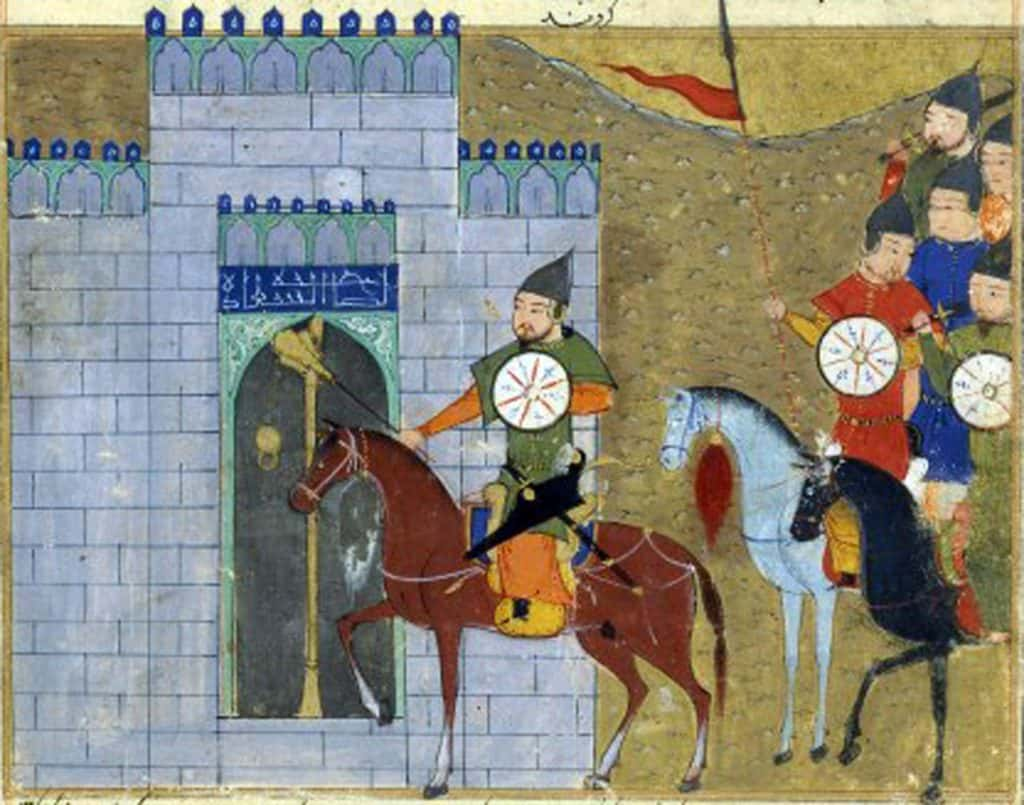

During the course of the “spiritual conquest”, Christianity not only destroyed Indian identity but also its own identity and integrity. Through an historical approach, the author brings to light the structures of power and of neglect which led to the destruction of Indian identity. Today, the Indian cause cannot be considered without taking into account the influences and constraints of world history, introduced by the.

Using numerous sources of documentation, the author shows how Christianity and the conquest of America undermined the various Indian utopias. The historical reconstruction activity of the Indian project is an important element of its political strategy. economic and military assistance provided to Chiang Kai-shek and his position and suspicion of the US recognition of the MPR. initiative to recognize the MPR and support its admission to the United Nations. As well it discusses why Chiang Kai-shek feared the U.S. Republican congressmen, which influenced the decision to establish diplomatic relations between the MPR and U.S. This includes key factors such as the opposition of Chiang Kai-shek, the President of Taiwan and some U.S.

level in Moscow, the Soviet Union during the Cold War. Kennedy, to extend diplomatic recognition to the Mongolian People's Republic and its further activity and negotiations at the ambassadorial. policy includes advantages and disadvantages of recognition to the MPR and the purpose of an initiative by the U.S. This article covers the United States (U.S.) policy toward the Mongolian People's Republic (MPR) founded in 1924. Genghis Khan was an outstanding diplomat and his diplomacy played a major role in his conquests. He strongly demanded opponents surrender, otherwise will put them to death. Genghis Khan used psychological warfare to terrify his enemies which brought a fruitful result to the Mongol army. The Universal Law-Ikh Zasag which was strictly abided by all subjects and the Mongol Empire itself was used as a legal tool. This article includes the Great Khan’s personal interest in spirituality as he prays for days before crucial campaigns. Unlike many other conquerors, Genghis Khan declared freedom of all religion. These skillful people from many different countries made a contribution to the development of the Mongol Empire. Genghis Khan supported the scholars, engineers, artisans and craftsmen extensively. It was patronized, sponsored and secured by the Mongols under the rule of Genghis Khan. During the reign of Genghis Khan, the Silk Road and Free Trade began to flourish. This article covers his major impact on humanity. Genghis Khan undoubtedly made a huge contribution to world history.


 0 kommentar(er)
0 kommentar(er)
